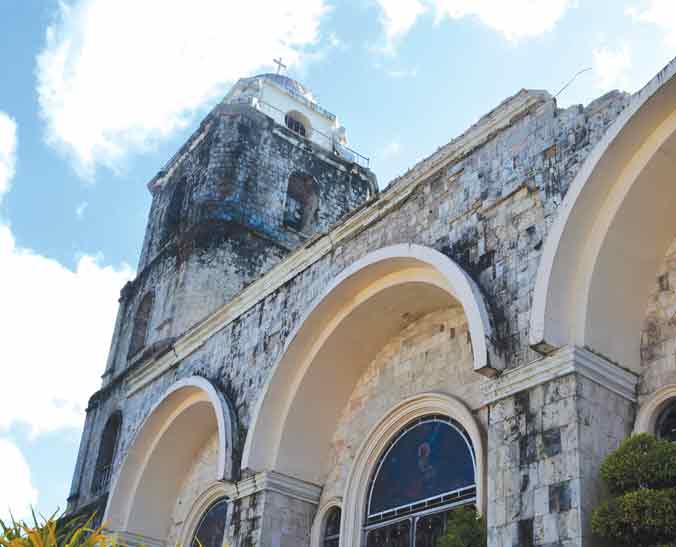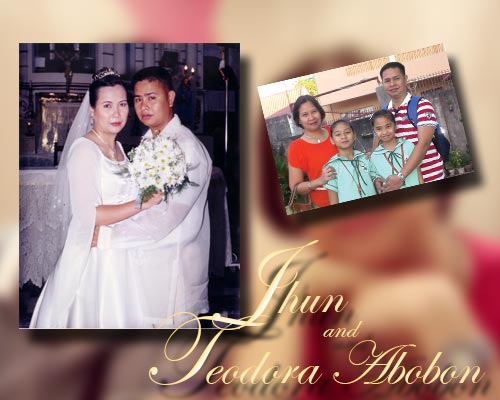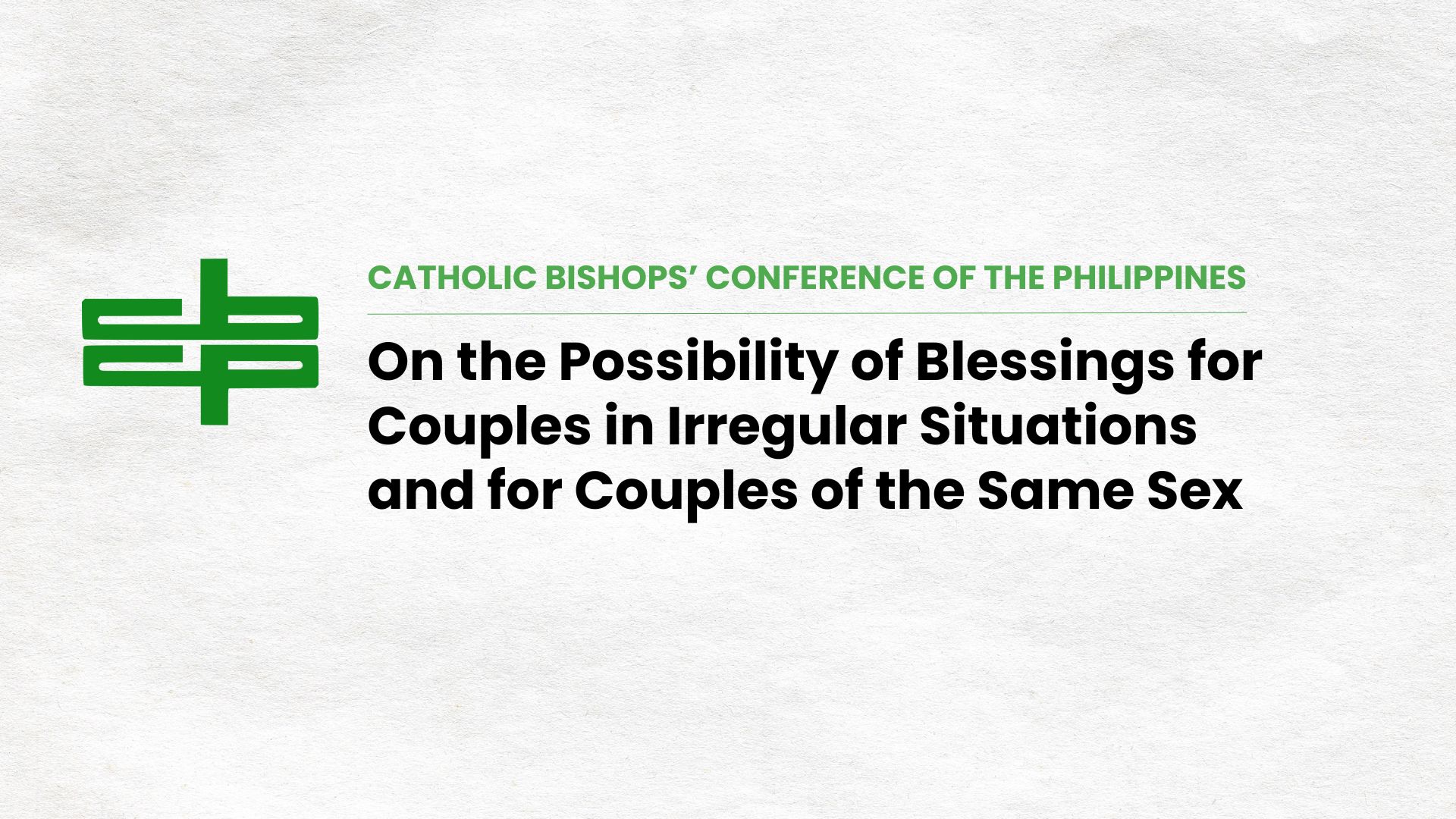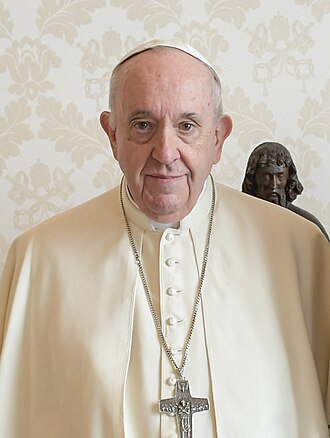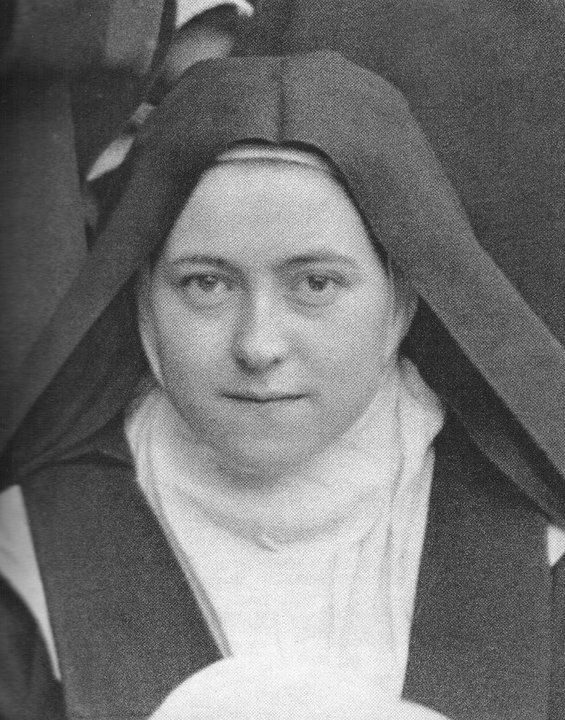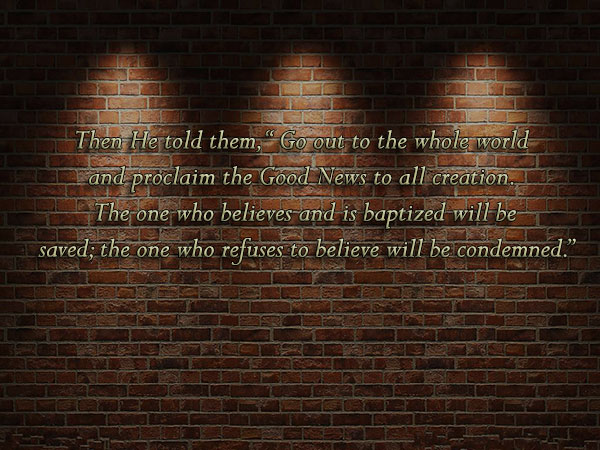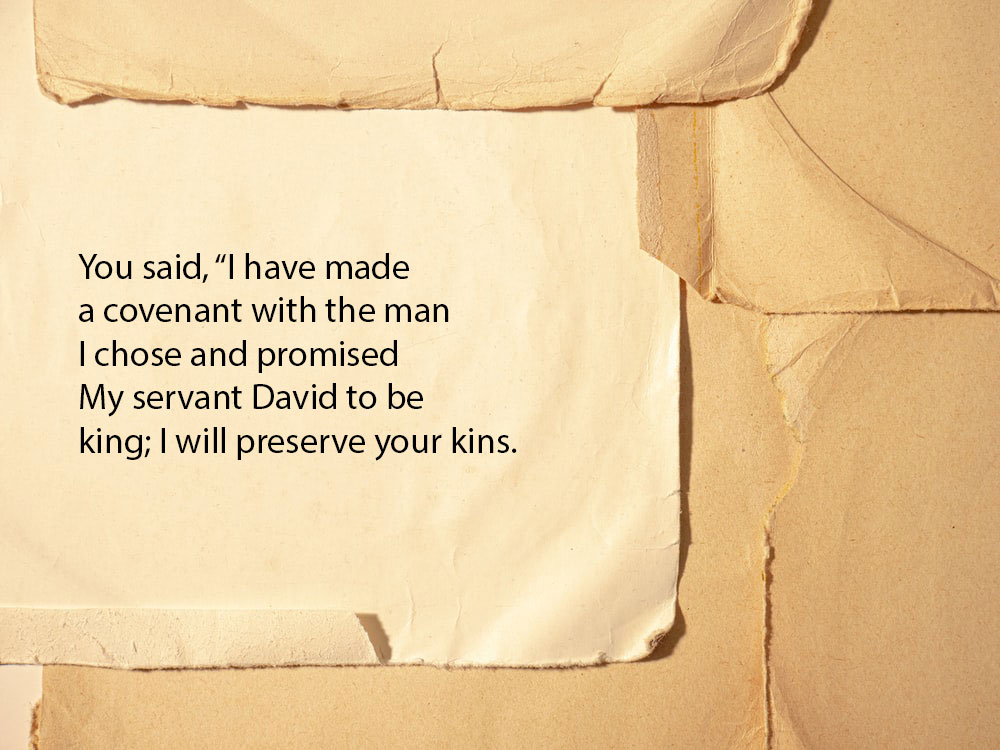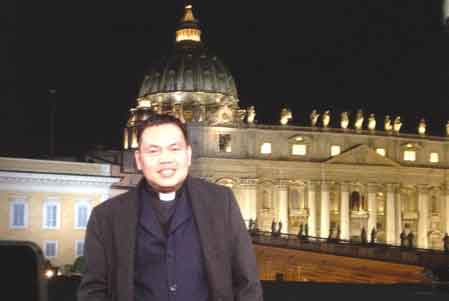
Indeed, I had my own initial reservations of coming back to Rome for a life-changing assignment. For one, my studies ten years ago were everything but easy: the language, culture, climate and food, just to mention a few of the gruelling adjustments that I had I reckon with every passing day. Convinced of not wanting to return any longer to the so-called Eternal City after three and a half years of arduous academic work, except perhaps for a short sojourn, I intentionally disposed all the important documents pertaining to my stay in Italy so that in my unanticipated sort of homecoming, I was constrained to make a report to an Italian police officer and explained how I lost my previous permesso di soggiorno (residence permit).
Second, I had already found my teaching ministry in the Philippines fulfilling and my work in the seminary, albeit challenging, life-giving. But on top of these was the precarious situation of my father who was already bedridden. Perhaps, just like any other doting son or daughter in the same circumstance, I wanted to be close to him and to my family during his last moments.
Difficult as it was, humanly speaking, I still obeyed. I am grateful, though, that my Superiors gave me the permission to go home a year after to minister to my dying father and to be present during his funeral rites. It is, indeed, difficult to come to terms with the loss of a loved one alone, especially if that beloved happens to be the one through whom God has given you life.
It was only after I buried my Tatay Elias, Sr. that I began to love my new assignment. In Rome, among the many considerable blessings that I have received from the Lord are the opportunities to come closer to the Pope and kiss the Fisherman’s ring. It only started as a simple wish during my seminary days to kiss the hands of the future Saint John Paul II. My photo with him is for me a sight to behold, especially when I find my work a bit demanding and less ‘personal’, relative to my previous missionary assignments. My memory of Blessed PJP II inspires me to embrace my daily share of the Cross up to the end, just like what he always said and exemplified, even during the twilight of his years.
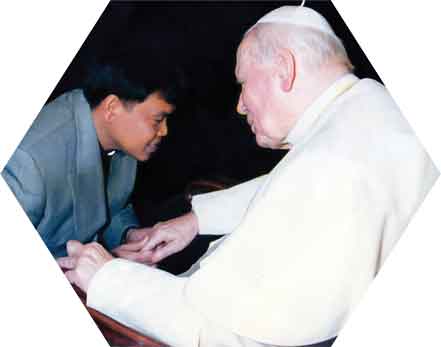
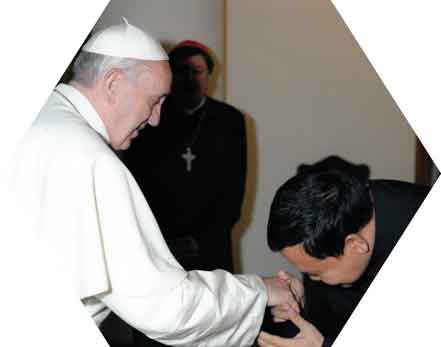
 While I only prayed to meet PJP II up close, the Lord has granted me more than my heart’s desire. He as well gave me the opportunity to talk and kiss the hands of Pope Benedict XVI on Feb. 2, 2013, few days before he resigned, just as I was newly introduced to my work in the Congregation for Institutes of Consecrated Life and Societies of Apostolic Life (CICLSAL). His humility is unparalleled; his love for the Church is unquestioned. Now he is leading an ordinary life in the most prophetic way imaginable, far away from the glamor of power and influence. This sublime example of humility and silent witnessing impels me to persevere and love my ministry in the Dicastery, notwithstanding its share of challenges. Remembering that, behind the voluminous papers that I examine conscientiously day after day are individual religious and religious communities in need of merciful intervention from our Mother Church, through the Holy See, helps.
While I only prayed to meet PJP II up close, the Lord has granted me more than my heart’s desire. He as well gave me the opportunity to talk and kiss the hands of Pope Benedict XVI on Feb. 2, 2013, few days before he resigned, just as I was newly introduced to my work in the Congregation for Institutes of Consecrated Life and Societies of Apostolic Life (CICLSAL). His humility is unparalleled; his love for the Church is unquestioned. Now he is leading an ordinary life in the most prophetic way imaginable, far away from the glamor of power and influence. This sublime example of humility and silent witnessing impels me to persevere and love my ministry in the Dicastery, notwithstanding its share of challenges. Remembering that, behind the voluminous papers that I examine conscientiously day after day are individual religious and religious communities in need of merciful intervention from our Mother Church, through the Holy See, helps.
So, the dramatic sequence of events during the conclave, which I shared in my previous journal, made me look forward with anticipation to my encounter with Pope Francis who is considered as the People’s Pope because of his simple and unencumbered ways which ordinary people can easily relate with. This “lowly, yet chosen” Pope continues to attract throngs of people from all walks of life and from different corners of the globe during his public audiences. Going to work on a Wednesday morning these past months, for example, requires more time than other days as thousands of pilgrims and tourists line up as early as 6 o’clock in the morning to get a vantage point in Saint Peter’s Square during the general audience. Ordinarily, to reach the office, I have to squeeze myself through the crowd, or make some detours.
My personal encounter with Pope Francis took place last June 12, this year. The members of the Dicastery had a mass with him at Santa Marta, his residence, at past the hour of six in the morning. In simple vestments he presided over the Holy Eucharist where, in his homily, he reminded us of two dangerous tendencies as workers in the vineyard: first, to move too fast so as overtake the Holy Spirit and, on the process, lose our way because it is no longer the Spirit that is leading us; and second, to move away from the Spirit and, therefore, chart our own path away from where He the Lord wants to lead us. His words were so simple, yet so profound; intimate and unmistakable.
After leaving our vestments in the sacristy following the mass, we went back to the chapel to spend some moments of personal prayer with the Holy Father. There I found myself seated very close to him, close enough to reach him with my outstretched hand. He was in deep prayer as if nothing else mattered at the moment. I was extremely fascinated with the experience that I just prayed that the Lord would answer all his supplications because I knew that in the heart of the Successor of Peter, the needs of the entire humanity are present.
Then in the atrium of Santa Marta, just outside the chapel, he received us one by one without tremendous ease and without any semblance of haste, as most people of importance do. Unlike in my meetings with the two previous Popes kneeling, this time I was standing before him, making the unique gesture of ‘mano po’ at the first instance. He is just about two-inches taller than I am as the photos would show. At one moment, he held me in my arm with his two hands, looking at me in the eye, always smiling. I introduced myself mentioning my name, my Congregation and my country as I always do when I make a brief introduction of myself. My being a Claretian Missionary and a Filipino are substantially enough to describe who I am. I told him afterwards that the Filipino people are already desirous to see him in the Philippines soon, for which he replied with a smile in his face: “Vediamo” (Le us see).
Today is Wednesday and as I write these last lines to meet the deadline, I can hear Pope Francis from my office speaking to the thousands of pilgrims gathered in St. Peter’s Square for another general audience. Tomorrow, Nov. 21, he will bless the mosaic of St. Pedro Calungsod which accordingly will be installed next to the tomb of Pope Paul VI at the Vatican grotto. The historic event will be followed by a mass with Cardinal Luis Antonio Tagle as the main presider. But I know that there will not only be Filipinos in the mass as a number of Italians, and perhaps other nationalities as well, will also be present in solidarity with the suffering victims of the devastating typhoon Yolanda. Aside from the monetary help, the Pope has expressed his solicitude and offered prayers for our country and people.
From Monday through Saturday, at 12 noon, we, in the Dicastery (that is 40 officials, which makes CICLSAL the biggest department in terms of number in the Roman Curia) gather in front of the statue of the Blessed Virgin to pray the Angelus. Then the Cardinal Prefect or the Archbishop Secretary leads us into prayer for the Pope, saying: Oremus pro Pontifice nostro Francisco (We pray for our Pope Francis). And we respond in chorus using the words of Psalm 40:3: Dominus conservet eum, et vivificet eum, et beatum faciat eum in terra, et non tradat eum in animam inimicorum eius. (May the Lord preserve him, and give him life, and make him blessed upon the earth, and deliver him not to the will of the enemies.) This moment is one of the highlights of my everyday work – hearing different voices from various parts of the world (i.e. Italy, Poland, Germany, Spain, Belgium, Malta, Croatia, USA, Brazil, Mexico, Vietnam, India, Philippines), reciting in unison the same fervent prayer for the Pastor of the universal Church.
By now, my three framed photos with Blessed PJP II, Pope Emeritus Benedict XVI and Pope Francis, respectively, prominently hang on the wall of my office and in our home in Loay, Bohol. I believe that a mere sight of these treasured pictures would already make my mother happy. And, indeed, giving some joy to my mother is enough to make a difference in the life of this Claretian Missionary pilgrim in Rome.
(The author is a Claretian Missionary Priest who holds a doctorate in Canon Law from the Lateran Pontifical University in Rome. At present he works at the Congregation for Institutes of Consecrated Life and Societies of Apostolic Life in the Vatican City.)


